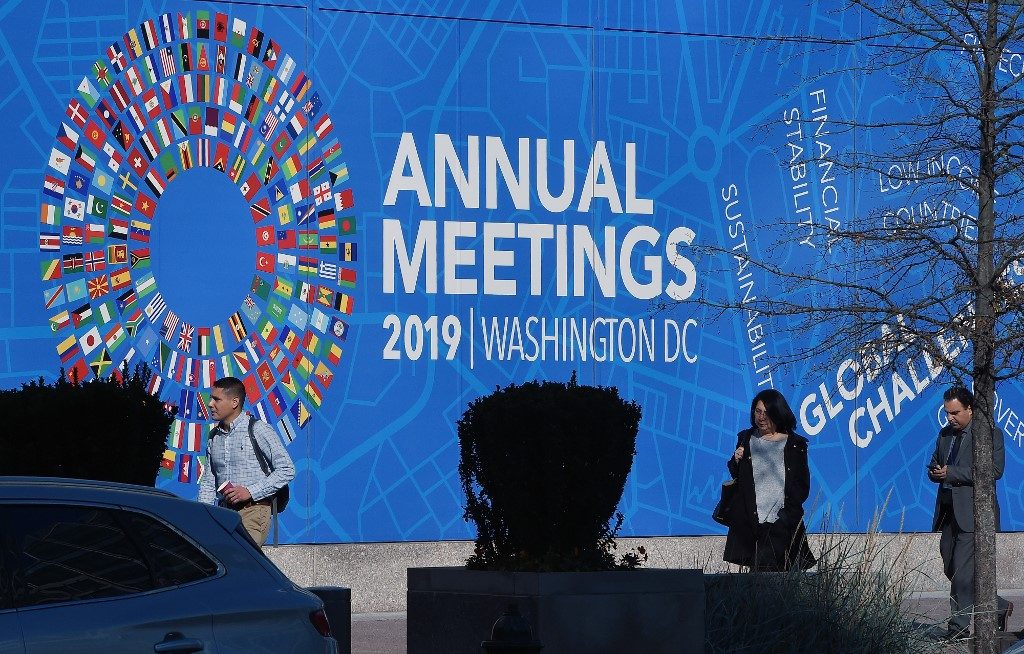São Paulo – The International Monetary Fund (IMF) released this Tuesday (15) the latest World Economic Outlook report. The study foresees that global Gross Domestic Product (GDP) will grow by 3% in 2019, its lowest level since 2008–09, when the international financial crisis broke. The projection was down by 0.3 percentage point from April and 0.2 percentage point from July.
The poor performance, the Fund says, is a result of rising trade barriers, a high international trade uncertainty, macroeconomic strain in emerging markets, and factors such as low productivity growth and aging demographics in advanced economies.
For 2020, IMF projects an improvement to 3.4%, another downward revision of 0.2% from their April projections and a 0.1 percentage point decline from July’s. However, this recovery from 2019 will not be broad-based and will remain precarious, the Fund says.
The institution also believes that this growth in 2020 will reflect a projected improvement in economic performance in a few emerging markets in Latin America, the Middle East, and Europe that are under macroeconomic strain, such as Brazil’s case.
Yet IMF doesn’t rule out a subdued pace of global activity than the current estimate, due to uncertainty for several emerging countries and a slowdown in China’s and the United States’ economies.
Therefore, the Fund recommends defusing trade tensions – involving mainly the US and China –, reinvigorating multilateral cooperation, and providing timely support to economic activity where needed.
The report forecasts that advanced economies will grow by 1.7% in and stay at this level in 2020, while emerging and developing countries will grown by 3.9% for 2019 and 2.6% in 2020.
About half of this rebound the next year will be driven by shallower recessions in markets such as Argentina, Iran, and Turkey, and the rest by recoveries in countries such as Brazil, India, Russia, and Saudi Arabia.
For Brazil, the IMF forecasts a 0.9% growth this year from 1.1% in 2018, and 2% for 2020. The 2019 forecast was downgraded by 1.2 percentage point from April report but slightly higher by 0.1% from July’s. The 2020 forecast was downgraded by 0.5 percentage point from April and 0.4 percentage point from July.
For Saudi Arabi, it’s forecasted a 0.2% growth for 2019 from 2.4% last year, and a 2.2% for 2020. The 2019 forecast was downgraded by 1.6 percentage point from April and 1.7 percentage point from July. The 2020 projection was revised up by 0.1 percentage from April and down 0.8 percentage point from July.
Translated by Guilherme Miranda




